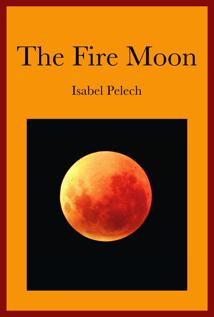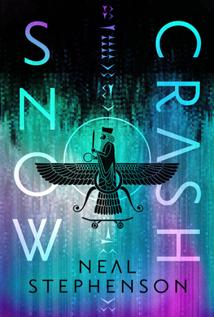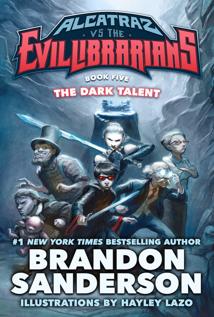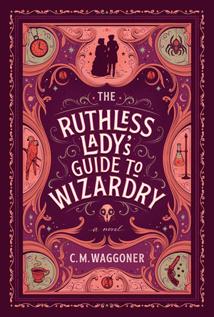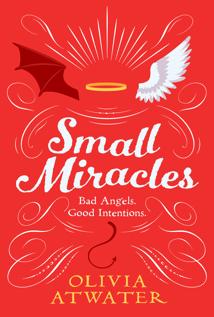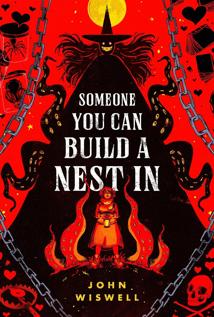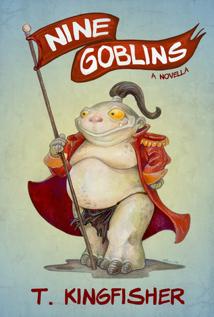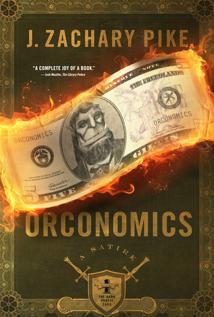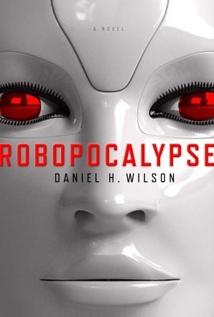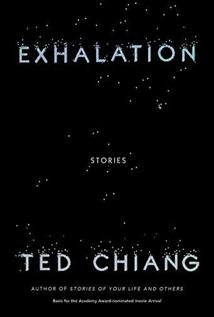A quick story about deserts, magic, sacrifices, and necromancy all in a quasi-Egyptian world. I loved the worldbuilding and main character, I think if anything, it’s far too short as a novella. I wanted more!
Although, from what Teshar had heard, every pyramid was intended to be entered. People would want to bring offerings for the dead Emperor, servants would want to tend things every once in a while; a lot of people prayed to past Emperors, because they were easier to talk to than the pure gods, and more accessible than the living Emperor or Empress.
The ever escalating tension of who Teshar (our main character) is and what she did to deserve to be treated like she is is fascinating (especially when you get to the why). I enjoy seeing the magic of the world escalating as we get to the obvious ‘Teshar must save the day’ conclusion.
“…my mother, bless her kind, silly soul, once pointed out to me that pretty women look like everyone else, whereas beautiful women look like themselves…”
Overall, a fun story (that could have been longer). It’s always interesting to find a solid self-published and little reviewed work just like this! Worth a try.
